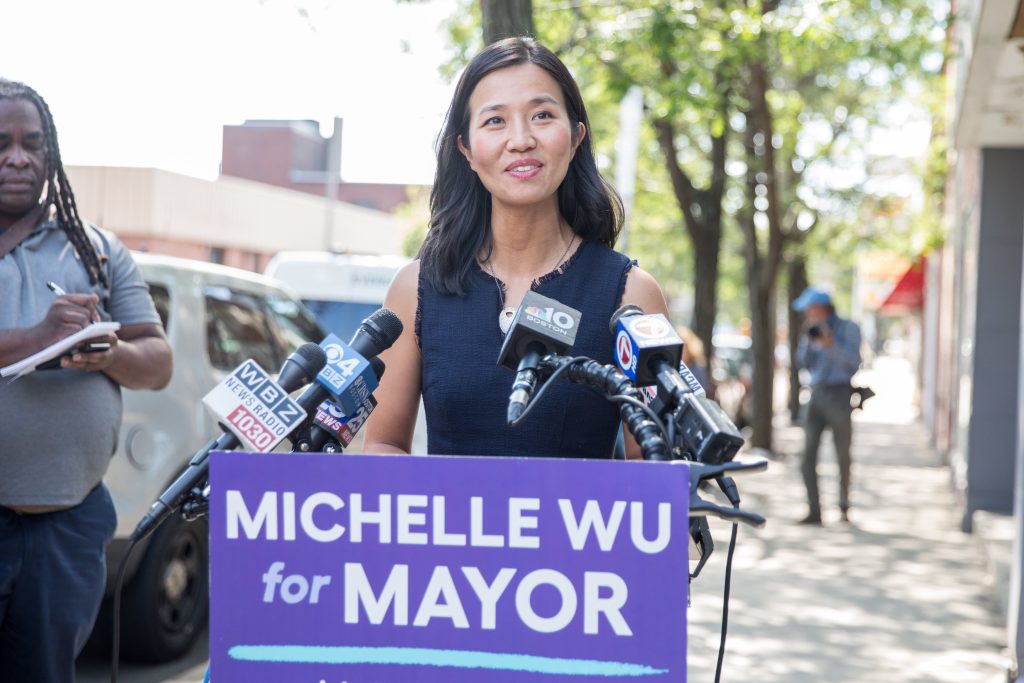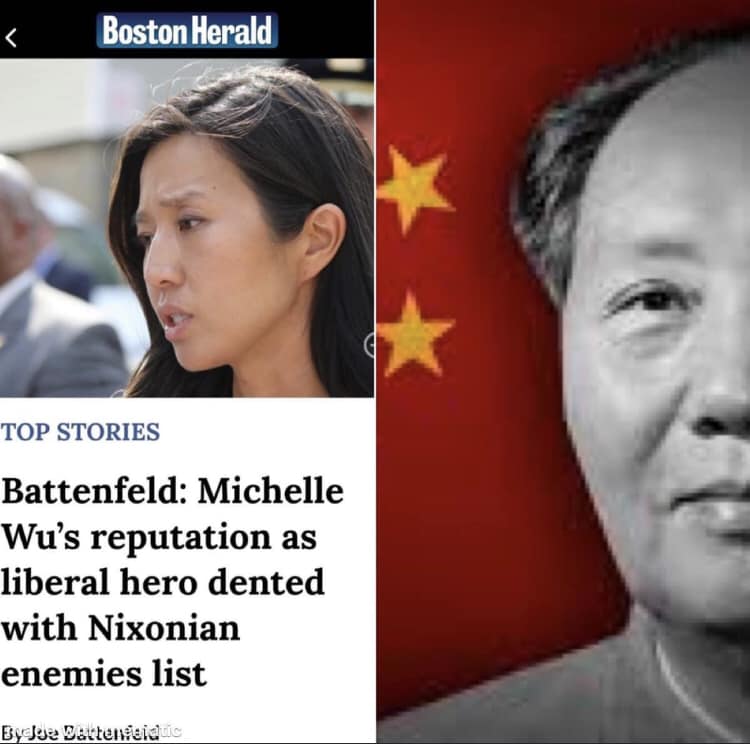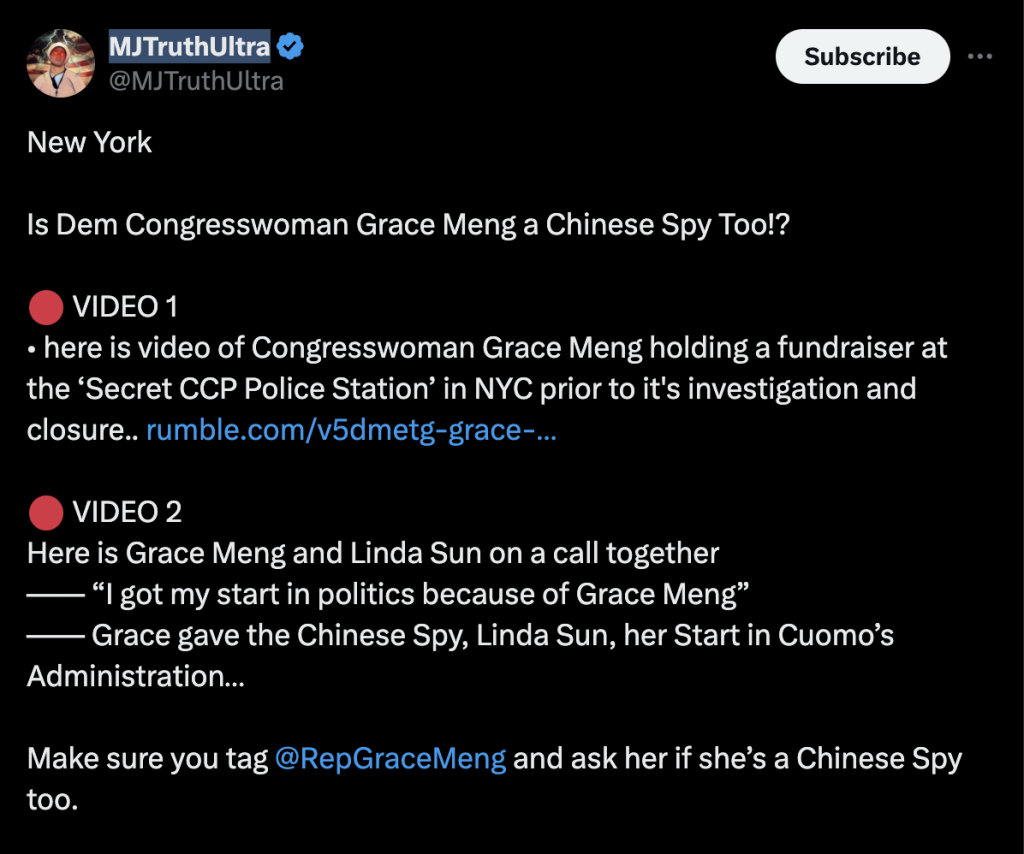
Our project is supported by the USA’s National Science Foundation and Luminate.
Asian Americans, composed of roughly 15 million eligible voters, are poised to play a pivotal role in the upcoming 2024 U.S. elections. At the national level, the Asian American electorate is getting increased attention; Asian Americans are now the fastest-growing group of eligible voters in the country. At the local level, important state elections in California, Iowa, New York, and Texas feature Asian American political candidates.
As host of the Asian American Digital Politics project, the GloTech Lab at UMass Amherst is launching a blog series titled Asian American Digital Politics Monitor to discuss national issues, local electoral races, and campaign controversies relevant to Asian American communities. We will also report on specific misinformation narratives and wedge issues targeting diverse segments of Asian American voters. This project is a part of GloTech’s mission to seek resilience and healing, and aims to identify harmful narratives in order to understand how we can mend the Asian American community.
Contributor: Yelim Lee, GloTech Graduate Fellow
According to the Asian Pacific American Institute for Congressional Studies, 148 Asian American and Pacific Islander women are running for a seat in government this election cycle, from the local to national levels. This is the highest number of Asian American women candidates ever recorded and a large spike from the 99 women who ran for political office in 2023. Furthermore, Vice President Kamala Harris is running for the presidential seat and has the potential to become the first female Black and Asian American president. With so much media attention fixed on the national stage, we want to discuss in this article the participation of Asian American women in local elections and their social media campaign strategies.
While Asian American politicians use social media to appeal to their constituencies, they also face digital harassment in the form of misogynistic and racially charged attacks, including those that question their loyalty and American identity. Though anti-Asian racism is not a new phenomenon, anti-Asian hate has found new outlets on social media platforms. Thus, we analyze the social media presence of three Democratic Asian American women candidates and the comments on their posts. U.S. House Representative Grace Meng, who is up for reelection this November, and Boston mayor Michelle Wu, who in 2025 will be fighting to keep her mayoral seat, both have experienced smear attacks online. Conversely, Texas House candidate Averie Bishop is an Asian American female political figure who has harnessed these platforms in creative ways to engage younger constituents.
Research from the Center for Democracy and Technology has uncovered that women of color candidates are at least five times more likely than other political candidates to be the target of misogynist and racist social media attacks. Contemporary expressions of anti-Asian racism—more specifically, sinophobia—have been on the rise, spurred on by COVID-19 fear mongering. In this digital era, where social media has become an important part of communication between politicians and their constituents, sentiments of Asian hate emerge on platforms like X, TikTok, and Facebook. For example, Democrat Michelle Wu has been serving as the mayor of Boston since 2021. The daughter of Taiwanese immigrants, she was the first woman and POC to be elected the city’s mayor. Yet her identity as an American has been repeatedly called into question by various Boston denizens online, including after her office directed funds away from police and continued mask mandates during the pandemic.
And furthermore, political opponents of Mayor Wu have exploited racial fear and xenophobia in order to advance their own campaigns. For example, Republican lawmaker and candidate for the Massachusetts District 7 House Representative seat Donnie Palmer, who had previously run against Wu for mayor, stated on X, “… @MayorWu is a Chinese defect that came to Taiwan… Wu is Chinese she played everyone that voted for her.” After receiving backlash, Palmer clarified his statement and doubled down on connecting Mayor Wu to China. “My issue with Michelle Wu is not that she is Chinese… it’s that she is a communist!!! I can condemn China for their extermination of the Uyghurs.. For giving the world Covid… ” Beyond capitalizing on an American distrust of ‘communism,’ these comments perpetuate the perception that Asians (and Asian Americans) are a monolith.


Wu is not the only Asian American woman politician whose ‘American-ness’ has been called into question. Grace Meng, U.S. House Representative from New York, has faced vitriol on social media after speaking out against racial discrimination perpetuated by the video game “Dirty Chinese Restaurant.” The game, developed by the Toronto-based company Big O’ Tree, supposedly simulates the experience of managing a Chinese restaurant, but it encourages players to chase dogs and cats with meat cleavers and run from immigration officials. On Facebook, Congresswoman Meng urged people to contact Google Play or other app sites to deplatform the game.
Though Meng supported H.Res 1406, which bans dog and cat trade for meat in the USA, Facebook commenters disregarded those efforts in favor of attacking her Asian heritage with harmful stereotypes. “That game actually made it look less horrible then what it is. You know damn well they torture 1000s of dogs cats and puppies,” one person said. Another commented, “Instead of being so concerned about so called racism, how about addressing the barbaric, unspeakable torture to dogs and cats that is going on every single minute of every single day throughout Asia.”
The racism Meng has faced isn’t limited to the past—on September 4, 2024, a hyper-partisan social media influencer with 365k followers, MJTruthUltra, implied Congresswoman Grace Meng was a Chinese spy after linking a news article of another New York official who had been accused of using her political station to ‘help China.’ Though Congresswoman Meng was born in Queens, New York, people in the comments section called for her removal, stating “Get the CCP out of our government.” From political opponents to the rank and file commenters, many have weaponized Wu’s and Meng’s ethnicity against them and denied the validity of anti-Asian racism. Social media platforms have become a vehicle for vitriol.

Social media, however, can serve as an opportunity for Asian American politicians as well. As Asian American politicians have traditionally struggled with visibility in legacy media, utilizing platforms appropriately can help them garner more views and voters to their cause. One politician who is adeptly navigating this space is Averie Bishop, a former Miss Texas USA beauty pageant titleholder running for a congressional seat in Texas. Bishop, whose mother is Filipino American, doesn’t shy away from discussing her Asian American heritage on social media. Her Instagram account specifies that she is a Gen Z running for office, and, as a young, Gen Z politician, she courts views on younger social media platforms.
During law school, Bishop went viral on TikTok with a #studytalk pandemic video that had more than 2.7 million views. Now, she has amassed 810k followers on TikTok and 85k followers on Instagram. Her followers watch videos where Bishop’s stance on important Texas wedge issues, like the mifepristone ban (an important drug in abortion), is overlaid on top of cooking videos that may feature dishes from her childhood, like baked lasagna or Asian American stir fry. These videos do dual work, both informing her constituents of important political issues in an entertaining manner and humanizing Bishop as a “working girlie” whose domestic life intertwines American and Asian culture. Bishop also utilizes common TikTok trends like street interviews or “XXX but for middle schoolers” (in Bishop’s case, “Politics but for Middle Schoolers”), employing a familiar format to drive engagement among younger audiences.
In contrast, Congresswoman Meng, who has been serving New York’s 6th congressional district since 2013, focuses her efforts mainly on Facebook and X, and her posts are usually more serious in tone—for example, they often feature plain poster graphics accompanied by important information. Boston Mayor Wu has a sparse TikTok presence; though her campaign team is often featured dancing along to catchy K-pop music, Wu isn’t often present in her team’s videos.
For Bishop, an active presence on TikTok and Instagram has resulted in her being categorized as a social media influencer; the trendy TikTok videos may be working against her professional image. However, Bishop has responded by reclaiming potentially misogynistic terms. She proudly proclaims she’s a “certified yapper,” in one Instagram post. Though Mayor Wu and Congresswoman Meng gracefully refrain from responding to identity-based attacks on social media, perhaps there are some takeaways from Bishop’s tactics in how one might adapt to platform cultures, strategically reclaim hateful terms, and leverage viral trends to celebrate one’s Asian American identity in spite of the loud racism that exists online.
